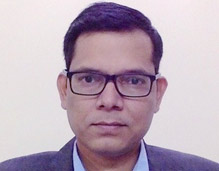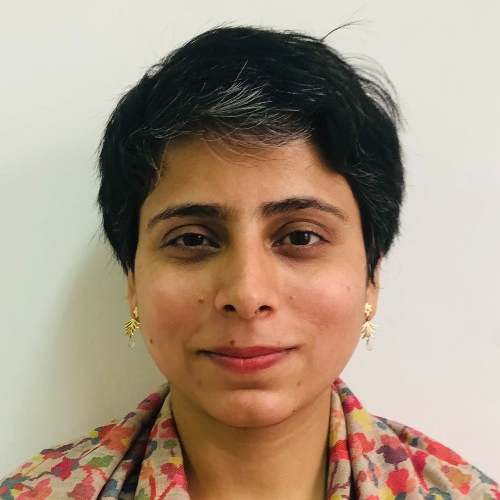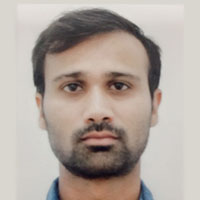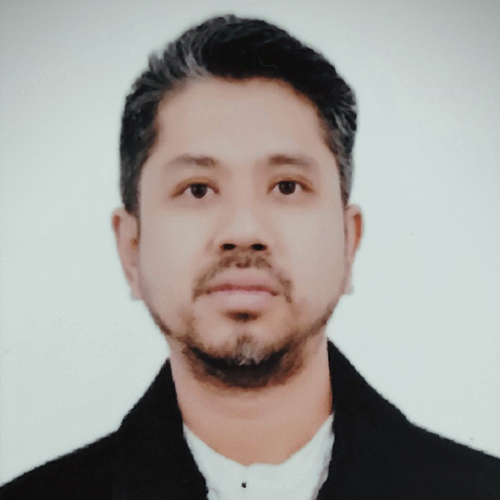The Impending Visit of Jordan’s King Abdullah
Increased security cooperation and the potential for cooperation in the Middle East peace process are likely to be the key areas of discussion during the impending visit of King Abdullah to India.
- Manjari Singh
- March 20, 2017








